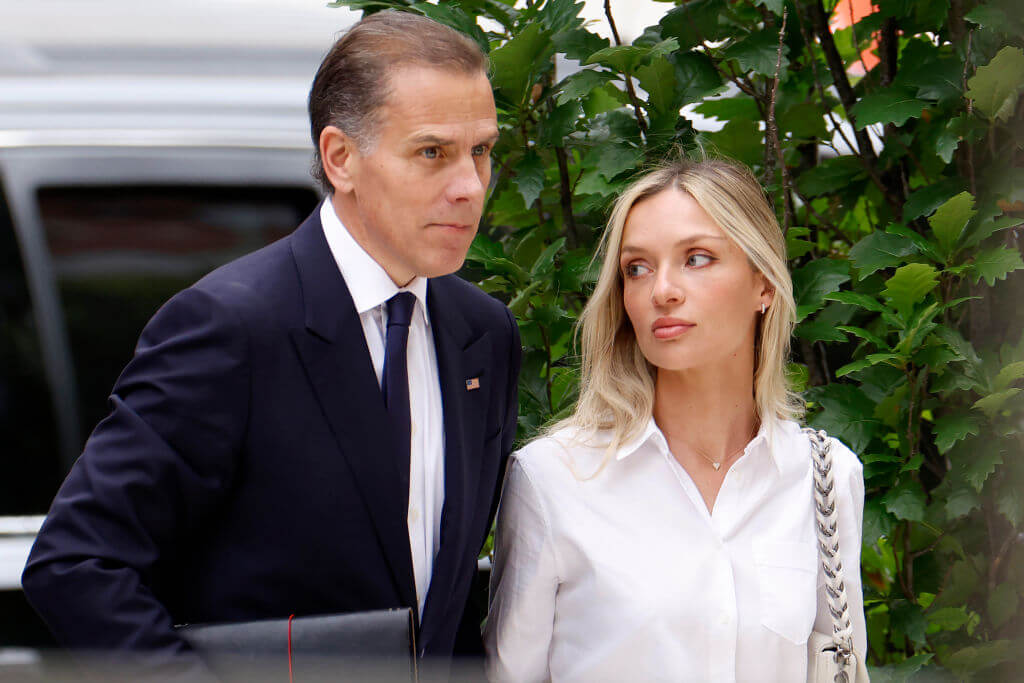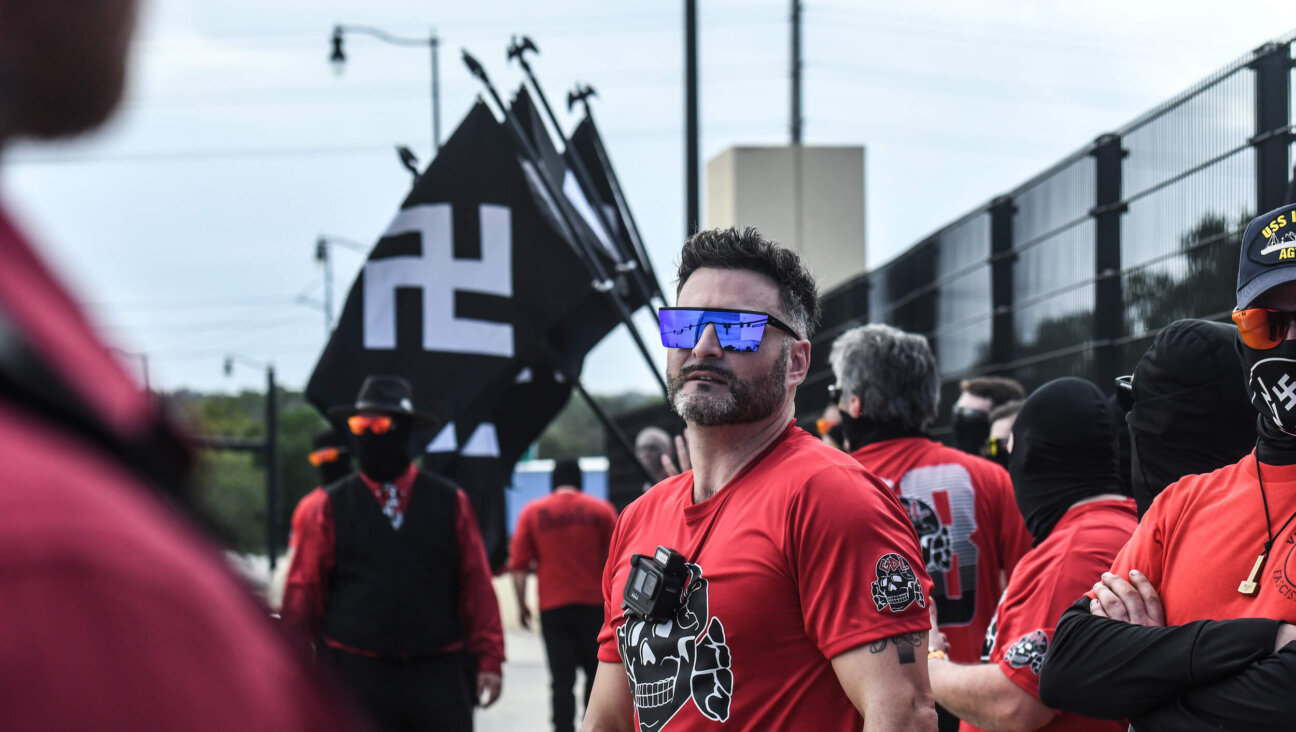How Coke Made Hitler ‘Happy’

Image by Getty Images
In an acute case of “no good deed goes unpunished,” Coca-Cola’s #MakeItHappy campaign has gone hopelessly awry. The campaign, launched during the Super Bowl, goes as follows: fans of Coke can tweet unpleasant things and the company, who then turns those angry thoughts into a fun image, which is then tweeted back with the slogan “We turned the hate you found into something happy.”
Our friends over at Gawker decided to test the boundaries of this experiment in happy thinking. Using specially designed Twitter bot @MeinCoke, the news outlet proceeded to tweet parts of Adolf Hitler’s “Mein Kampf” to @CocaCola.
Amazingly, Coke tweeted back.
Behold, the first four paragraphs of Mein Kampf, as illustrated by Coke:
It has turned out fortunate for me to-day that destiny appointed Braunau-on-the-Inn to be my birthplace.
For that little town is situated just on the frontier between those two States the reunion of which seems,
at least to us of the younger generation,
a task to which we should devote our lives and in the pursuit of which every possible means should be employed.
German-Austria must be restored to the great German Motherland. And not indeed on any grounds of economic calculation whatsoever. No, no.
Even if the union were a matter of economic indifference, and even if it were to be disadvantageous from the economic standpoint, still it ought to take place. People of the same blood should be in the same REICH. The German people will have no right to engage in a colonial policy until they shall have brought all their children together in the one State.
When the territory of the REICH embraces all the Germans and finds itself unable to assure them a livelihood,
only then can the moral right arise, from the need of the people to acquire foreign territory. The plough is then the sword; and the tears of war will produce the daily bread for the generations to come.
And so this little frontier town appeared to me as the symbol of a great task. But in another regard also it points to a lesson that is applicable to our day. Over a hundred years ago this sequestered spot was the
scene of a tragic calamity which affected the whole German nation and will be remembered for ever, at least in the annals of German history. At the time of our Fatherland’s deepest humiliation a bookseller, Johannes Palm,
uncompromising nationalist and enemy of the French, was put to death here because he had the misfortune to have loved Germany well. He obstinately refused to disclose the names of his associates, or rather the principals who were chiefly responsible for the affair. Just as it happened with Leo Schlageter. The former, like the latter, was denounced to the French by a Government agent. It was a director of police from Augsburg who won an ignoble renown on that occasion and set the example which was to be copied at a later date by the
neo-German officials of the REICH under Herr Severing’s regime. In this little town on the Inn, haloed by the memory of a German martyr, a town that was Bavarian by blood but under the rule of the Austrian State, my parents were domiciled towards the end of the last century.
My father was a civil servant who fulfilled his duties very conscientiously.
According to Gawker, Coca Cola has stopped tweeting back. But as [Max Read writes][1], the “point had been made: Coca-Cola had republished a portion of Mein Kampf.”
A message from our CEO & publisher Rachel Fishman Feddersen

I hope you appreciated this article. Before you go, I’d like to ask you to please support the Forward’s award-winning, nonprofit journalism during this critical time.
We’ve set a goal to raise $260,000 by December 31. That’s an ambitious goal, but one that will give us the resources we need to invest in the high quality news, opinion, analysis and cultural coverage that isn’t available anywhere else.
If you feel inspired to make an impact, now is the time to give something back. Join us as a member at your most generous level.
— Rachel Fishman Feddersen, Publisher and CEO
























